Terminal Care: An Interview with Christopher Stookey
 Christopher Stookey, MD, is a practicing emergency physician, and he is passionate about medicine and health care. However, his other great interests are literature and writing, and he has steadily published a number of short stories and essays over the past ten years. His most recent essay, “First in My Class,” appears in the book BECOMING A DOCTOR (published by W. W. Norton & Co, March 2010); the essay describes Dr. Stookey’s wrenching involvement in a malpractice lawsuit when he was a new resident, fresh out of medical school. TERMINAL CARE, a medical mystery thriller, is his first novel. The book, set in San Francisco, explores the unsavory world of big-business pharmaceuticals as well as the sad and tragic world of the Alzheimer’s ward at a medical research hospital. Stookey’s other interests include jogging in the greenbelts near his home and surfing (he promises his next novel will feature a surfer as a main character). He lives in Laguna Beach, California with his wife and three dogs.
Christopher Stookey, MD, is a practicing emergency physician, and he is passionate about medicine and health care. However, his other great interests are literature and writing, and he has steadily published a number of short stories and essays over the past ten years. His most recent essay, “First in My Class,” appears in the book BECOMING A DOCTOR (published by W. W. Norton & Co, March 2010); the essay describes Dr. Stookey’s wrenching involvement in a malpractice lawsuit when he was a new resident, fresh out of medical school. TERMINAL CARE, a medical mystery thriller, is his first novel. The book, set in San Francisco, explores the unsavory world of big-business pharmaceuticals as well as the sad and tragic world of the Alzheimer’s ward at a medical research hospital. Stookey’s other interests include jogging in the greenbelts near his home and surfing (he promises his next novel will feature a surfer as a main character). He lives in Laguna Beach, California with his wife and three dogs. To find out more about Chris, visit his Amazon’s author page at http://www.amazon.com/Christopher-Stookey/e/B003UVLDI4/ref=ntt_dp_epwbk_0.
Q: Welcome to The Writer's Life, Chris. Can you tell us how long you’ve been writing professionally and how your journey led to writing your latest book, Terminal Care?
I sold my first magazine short story about fifteen years ago. So, if getting paid for something you’ve written is the mark of a “professional” writer, then I went “pro” back then. However, over the next ten years, if I made $500 in a year with my writing, I considered it a good year. I’ve always kept my day job.
Up until I began writing Terminal Care, writing had been mainly a hobby for me. I wrote short stories and essays. Sometimes my efforts were compensated with nothing more than a couple free copies of the journal in which the essay or story had been published.
But, when I say writing was a “hobby,” that doesn’t mean I didn’t take writing seriously. In fact, I’d always wanted to be a writer. I was an English major in college. I wanted to write novels.
Then, one day in college, I read a depressing statistic: something like only thirty or so novelists in the US are able to support themselves solely by novel writing. I’m a practical person by nature. I began to get cold feet about supporting myself as a novelist.
I began thinking about a back-up career. I started taking pre-med classes.
My parents, I might add, were ecstatic.
Q: I love your title…can you tell us why you chose it?
There’s a kind of funny story behind that. The original title was Death on the East Annex. When it came time to make the cover art for the book, the artist didn’t know the name of the book. He drew up the artwork, and then, just to put something in the title area, he drew in Terminal Care.
My publisher liked the artist’s title better than my own. He thought it was more foreboding and evocative. So, we went with it.
Q: Why did you believe your book should be published?
Well, first of all, I think it’s a fun mystery/thriller, and I think people will enjoy reading it.
Beyond that, however, I think there’s an important message contained in the book. The book is really about greed and corruption in the pharmaceutical industry. It tells the story of how drugs are tested and brought to market, and readers might be surprised to learn that much of this process focuses more on drug company profit than on treating disease and patient safety.
I think this is a message worth getting out there.
Q: Can you tell us the story behind your book cover? Did you choose it or did your publisher, Silver Leaf Books, have full control? Were you happy with the decision or did you have something else in mind?
The artwork on the cover shows a gloved hand holding a syringe. A drop of blood is dripping from the needle of the syringe.
My publisher and I collaborated on coming up with the cover art. The cover hints at the main action in the book which is about a new, experimental drug for Alzheimer’s disease. A team of neurologists are giving syringe injections of the drug to patients on a hospital ward. Some of these patients end up dying. The question is why.
The syringe with the blood dripping from the tip offers a possible, albeit symbolic, clue.
Q: How have you approached marketing your book? Do you have someone doing it for you or have you had to do most of the marketing yourself?
I’m doing most of the marketing myself. I’m not big on book signings and public readings. I’m a shy person, and I’m a horrible salesman. I just can’t bring myself to try, face-to-face, to convince someone to buy something they might otherwise not have wanted.
Consequently, I’m just trying to let people know about the book, and then they can decide on their own if they want to buy it.
I like the idea of using the Internet to do this. Thus, I’m doing a so-called “virtual book tour.” The book is reviewed by bloggers on literary websites, and I do online interviews (like this one).
Q: What book on the market can it compare to? How is it different? What makes your book special?
The book is a medical thriller, and, as such, it’s comparable to many of the medical thrillers by Robin Cook. One of Cook’s books, Acceptable Risk, also deals with drug experimentation.
My book, however, deals more directly with the way drug companies test drugs for safety and efficacy and with the conflicts of interest inherent to the present system.
Just to give one example of this: the book shows how safety trials of drugs are often sponsored by the drug companies, themselves. This is like the tobacco industry sponsoring safety trials on cigarettes.
In a sense, my book is really most like the non-fiction book by Marcia Angell, The Truth About Drug Companies, a scorching critique of the pharmaceutical industry. Think of Terminal Care as the fiction version of Angell’s book.
Q: Open to a random page in your book. Can you tell us what is happening?
I have opened to page 191. The two main protagonists of the book, Dr. Clara Wong and Dr. Phil Pescoe, are doing a secret, late-night visit to the morgue at Deaconess Hospital.
Wong and Pescoe suspect the experimental drug being administered to patients at the hospital might have a serious, sometimes lethal side effect. They decide to surreptitiously look over the post-autopsy body of one of the patients who has died. Much to their surprise, they discover the autopsy is incomplete, and the corpse’s heart is missing.
What is going on here? Incomplete autopsy. Missing heart. Not only has the visit to the morgue not answered any questions, it has raised new ones.
Q: Do you plan subsequent books?
Yes. On my recent jogs through the greenbelt near my house (where I get most of my writing ideas), I’ve been drawing up characters and mapping out plotlines for a new medical thriller. This one will deal with the glitz and greed of the cosmetic medicine industry. I’ve already go me hero—again, a female doctor—pretty much sketched out.
Q: Thank you for your interview, Chris. Would you like to tell my readers where they can find you on the web and how everyone can buy your book?
I have an author’s page at Amazon.com. The page includes an author’s blog and a section for readers’ discussion. The address is:
http://www.amazon.com/Christopher-Stookey/e/B003UVLDI4/ref=ntt_dp_epwbk_0
The book, itself, is available at Amazon.com and at BarnesandNoble.com.




















































































































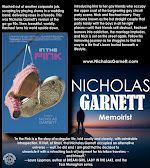



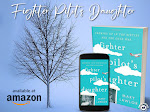
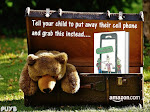
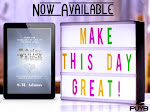


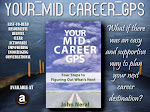
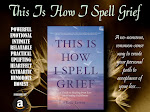
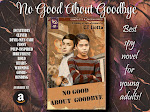


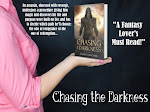
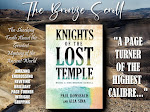


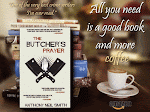
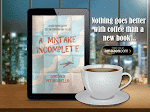
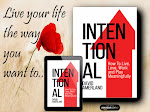
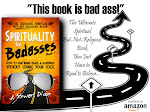



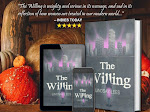
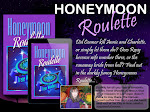
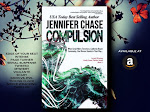
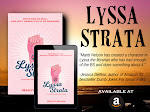
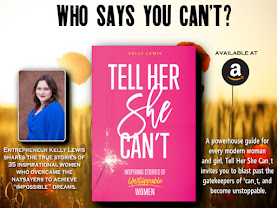










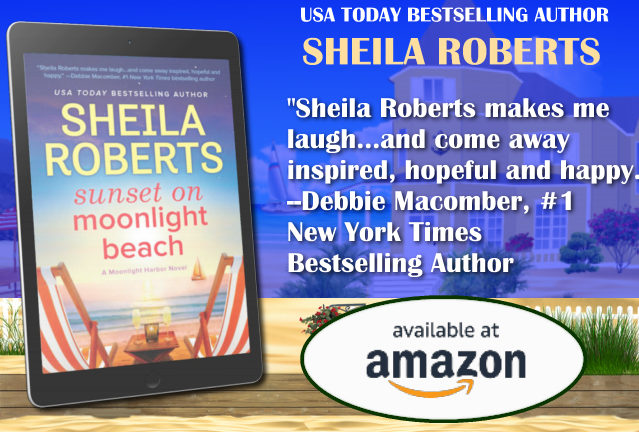
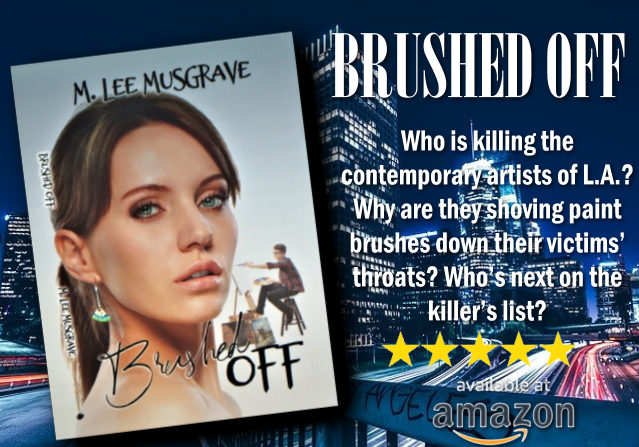


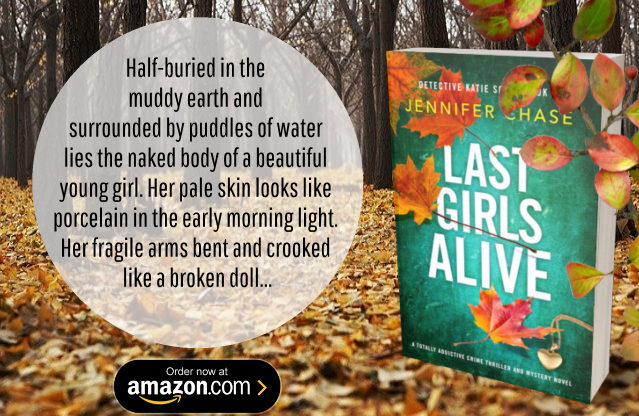
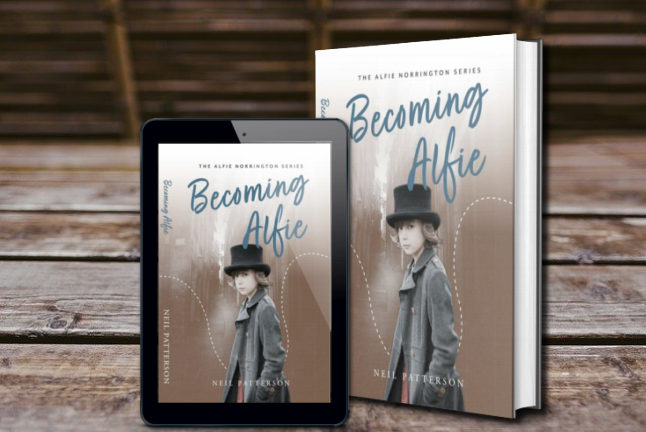
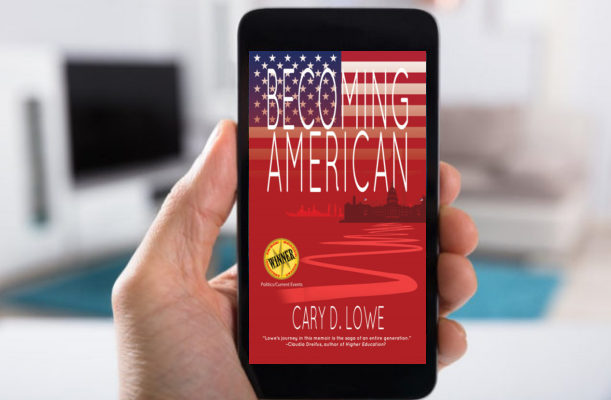


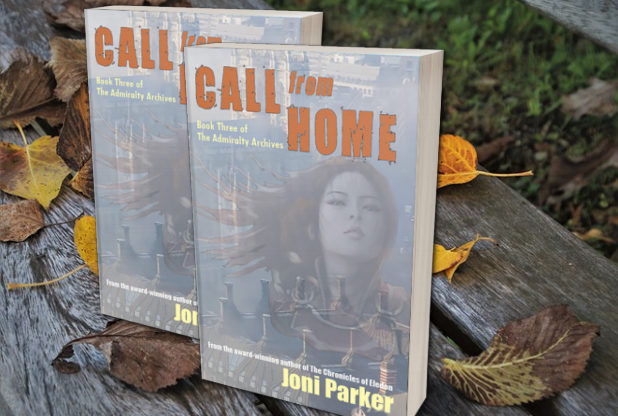



Leave a Comment